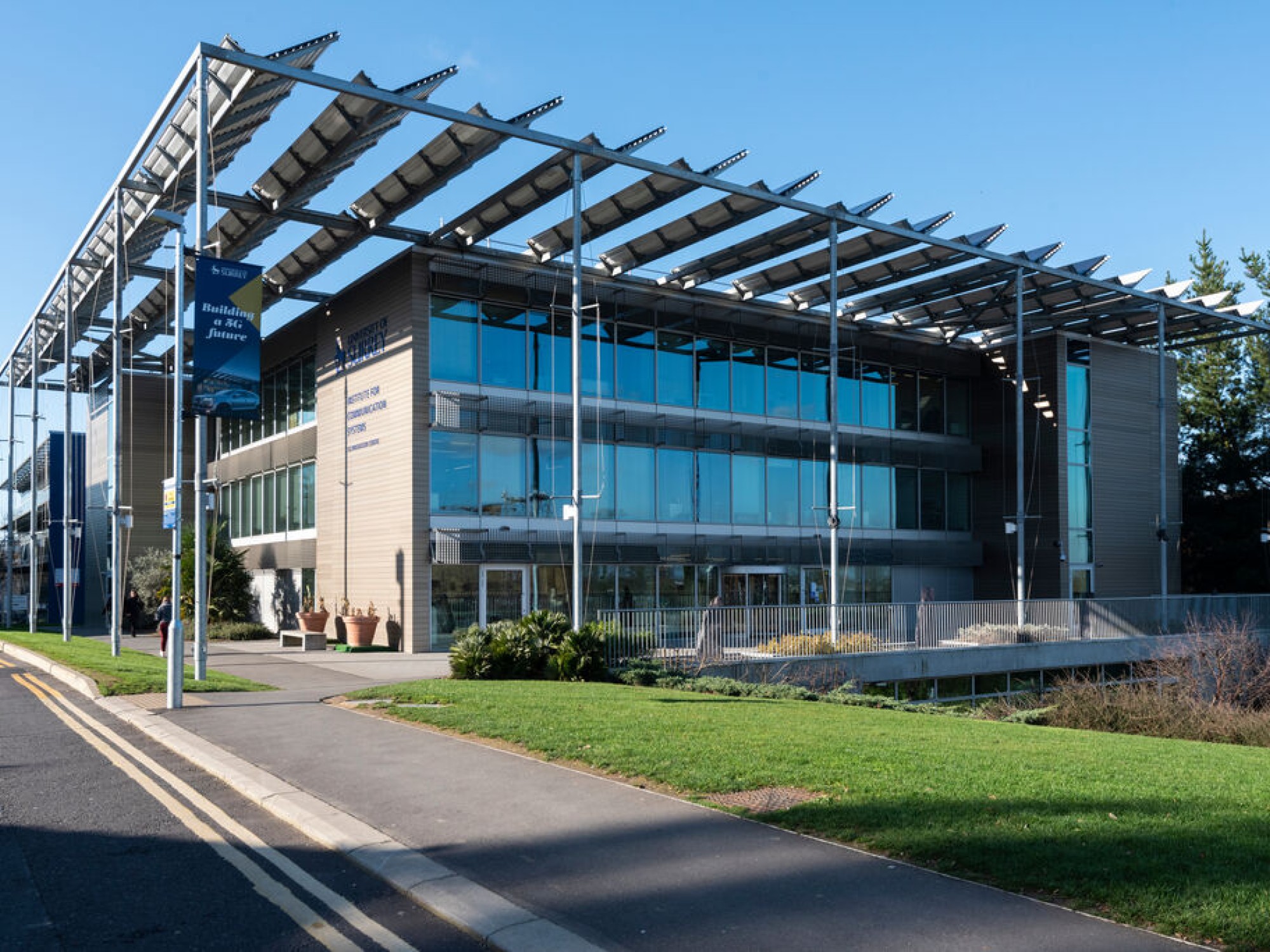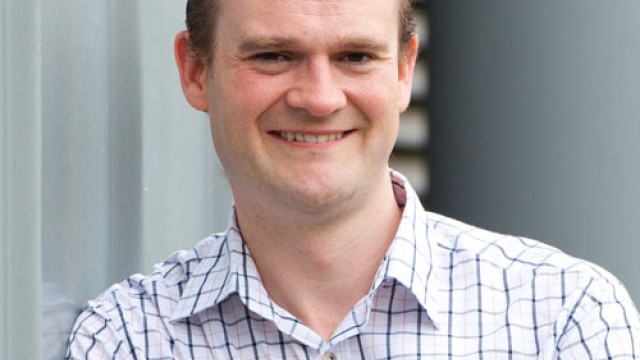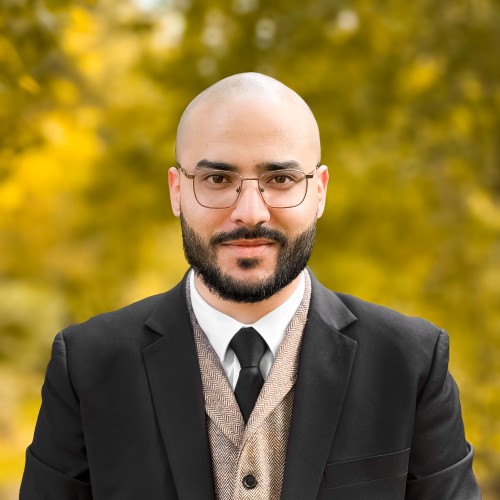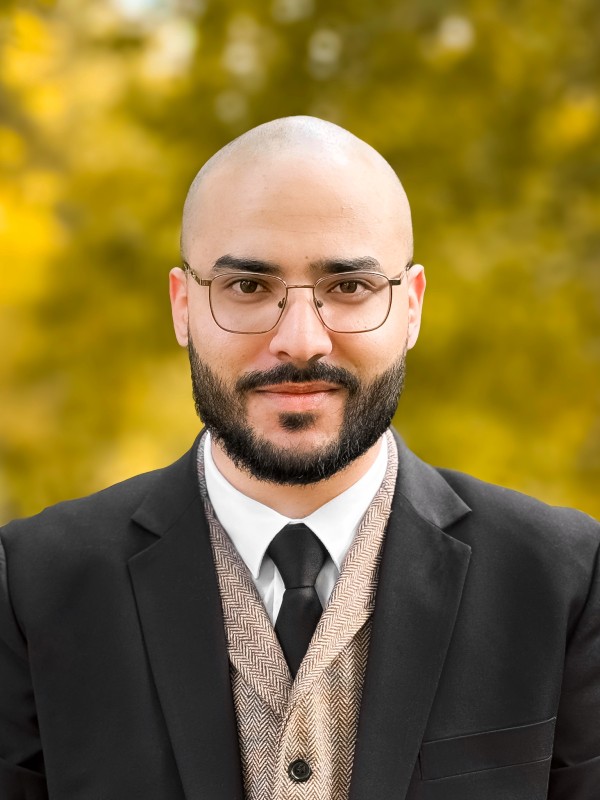
- Open Secure Communication Networks
PhD Open Secure Communication Networks
Advance the future of cybersecurity, AI, and 5G networks. Join the Engineering and Physical Sciences Research Council (EPSRC) funded Centre of Doctoral Training (CDT) and become a pioneer with our Open Secure Communication Networks PhD programme.
Why choose this
programme?
- Benefit from a range of unique expertise that encompasses wireless communications, cyber security, networking and Artificial Intelligence (AI)
- Work on cutting-edge research with world-renowned experts from Queen's University Belfast (QUB) and the University of Surrey
- Gain foundational and advanced knowledge through specialised taught modules in your first year
- Benefit from strong industry links and potential internships that will boost your employability
- Access world-class facilities at both Surrey's 5G Innovation Centre QUB's Centre for Secure Information Technologies (CSIT)
- Access additional funding for training, travel, and research needs.
What you will study
On this Open Secure Communications Networks PhD programme you’ll have opportunities to advance research in exciting and emerging areas of wireless communications and cyber security. You will interact with and work with other researchers within the Centre for Doctoral Training (CDT) that is a joint centre with Queens University Belfast (QUB) and the University of Surrey.
In your first year you’ll engage in diverse modules, group projects and rigorous training. You’ll receive guidance from leading academics across both institutions and there will be opportunities to network with peers, industry partners and leading researchers.
First year group project theme options:
- Space/terrestrial Comms and Security (Surrey)
- Trustworthy AI for Secure Future Open Networks (QUB and Surrey)
- Secure and Trustworthy Hardware (QUB)
- AI-assisted Physical Layer Security (Surrey)
Graduates will be able to decipher the complex challenges involved in delivering future open, secure and resilient communications systems and leading innovations to address those challenges, ensuring that future open networks are also secure by design.
Academic year structure
The first year will consist of tailored modules where you will develop knowledge and undertake problem solving assignments to develop your learning portfolio. You will also work closely with the cohort in your year and undertake a group research project to subsequently lead you into carrying out doctoral research in the theme that you find is for you.
During your remaining three years there will be opportunity for you attain other complementary skills and qualifications including the possibility of undertaking a management course, or an internship/exchange and schools outreach activity.
Assessment
Your final assessment will be based on the presentation of your research in a written thesis, which will be discussed in a viva examination with at least two examiners. Throughout your programme you will develop a portfolio of experience and learning to equip you to complete your doctorate with a breadth of knowledge, which will also substantially enhance your employability beyond what the doctorate alone can offer.
Location
This course is based at Stag Hill campus. Stag Hill is the University's main campus and where the majority of our courses are taught.
Research themes
The first year of your programme will include multidisciplinary learning along with a group project focusing on one of the following themes:
- Space/terrestrial Comms and Security (Surrey)
- Trustworthy AI for Secure Future Open Networks (QUB and Surrey)
- Secure and Trustworthy Hardware (QUB)
- AI-assisted Physical Layer Security (Surrey).
Your chosen theme will lead into the rest of your research programme.
Your application should state which of these theme(s) you are applying for (e.g. Space/Terrestrial Comms and Security).
You will be taught by academic staff from the Institute for Communication Systems and Surrey's Computer Science Research Centre.
Research support
The professional development of postgraduate researchers is supported by the Doctoral College, which provides training in essential skills through its Researcher Development Programme of workshops, mentoring and coaching. A dedicated postgraduate careers and employability team will help you prepare for a successful career after the completion of your PhD.
Facilities
Researchers in the CDT at Surrey will have the chance to interact with our on-campus 5G network testbed, consisting of several cellular base stations around the campus linked to our unique network test facility.
UK qualifications
Applicants are expected to hold a first or upper second-class (2:1) UK degree in a relevant discipline (or equivalent overseas qualification), or a lower-second (2:2) UK degree plus a good UK masters degree - merit or distinction normally required (or equivalent overseas qualification).
English language requirements
6.5 or above (or equivalent) with 6.0 in each individual category.
These are the English language qualifications and levels that we can accept.
If you do not currently meet the level required for your programme, we offer intensive pre-sessional English language courses, designed to take you to the level of English ability and skill required for your studies here.
Selection process
Selection is based on applicants:
- Meeting the expected entry requirements
- Being shortlisted through the application screening process
- Completing a successful interview
- Providing suitable references.
Selection is based on applicants:
- Meeting the expected entry requirements
- Being shortlisted through the application screening process
- Completing a successful interview
- Providing suitable references.
Fees per year
Explore UKCISA's website for more information if you are unsure whether you are a UK or overseas student. View the list of fees for all postgraduate research courses.
* Please note: any start date other than September will attract a pro-rata fee for that year of entry (75 per cent for January, 50 per cent for April and 25 per cent for July).
October 2025 - Full-time
- UK
- £5,006
- Overseas
- £27,200
October 2025 - Part-time
- UK
- £2,503
- Overseas
- £13,600
January 2026 - Full-time
- UK
- £3,755
- Overseas
- £20,400
January 2026 - Part-time
- UK
- £1,877
- Overseas
- £10,200
- Annual fees will increase by 4% for each year of study, rounded up to the nearest £100 (subject to legal requirements).
Additional costs
There are additional costs that you can expect to incur when studying at Surrey.
Funding
A Postgraduate Doctoral Loan can help with course fees and living costs while you study a postgraduate doctoral course.
Application process
Applicants are advised to contact potential supervisors before they submit an application via the website. Please refer to section two of our application guidance.
After registration
Students are initially registered for a PhD with probationary status and, subject to satisfactory progress, subsequently confirmed as having PhD status.
About the University of Surrey
Need more information?
Contact our Admissions team or talk to a current University of Surrey student online.
Code of practice for research degrees
Surrey’s postgraduate research code of practice sets out the University's policy and procedural framework relating to research degrees. The code defines a set of standard procedures and specific responsibilities covering the academic supervision, administration and assessment of research degrees for all faculties within the University.
Download the code of practice for research degrees (PDF).
Terms and conditions
When you accept an offer to study at the University of Surrey, you are agreeing to follow our policies and procedures, student regulations, and terms and conditions.
We provide these terms and conditions in two stages:
- First when we make an offer.
- Second when students accept their offer and register to study with us (registration terms and conditions will vary depending on your course and academic year).
View our generic registration terms and conditions (PDF) for the 2024/25 academic year, as a guide on what to expect.
Disclaimer
This online prospectus has been published in advance of the academic year to which it applies.
Whilst we have done everything possible to ensure this information is accurate, some changes may happen between publishing and the start of the course.
It is important to check this website for any updates before you apply for a course with us. Read our full disclaimer.




